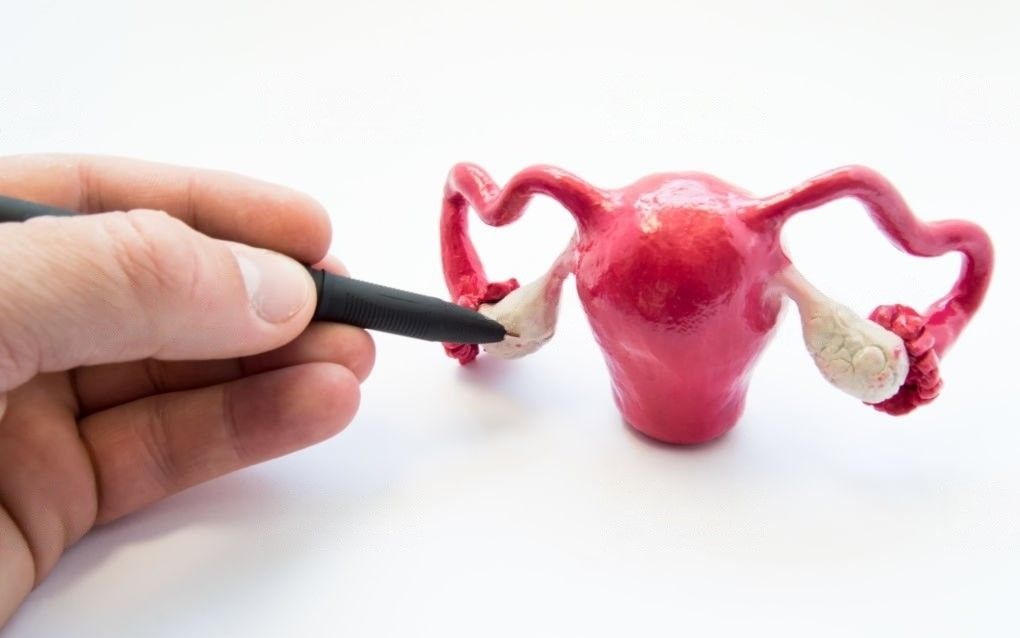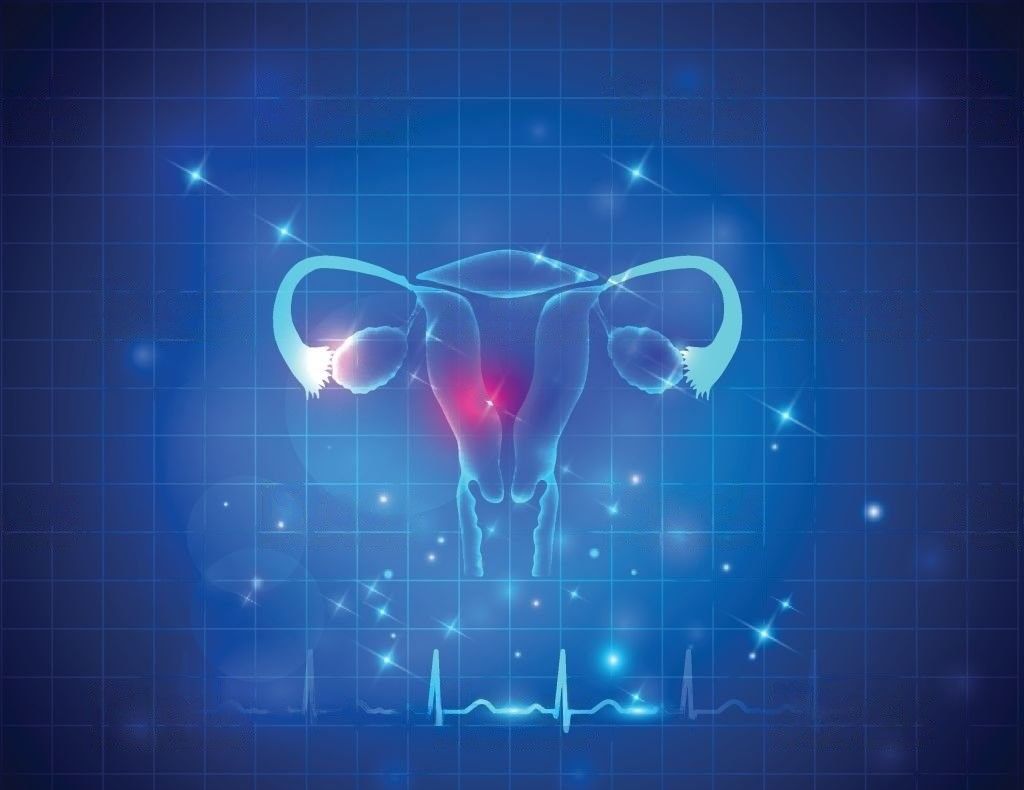Do PCOS and PCOD Refer To The Same Thing Or Are They Different?
Despite these similarities such as being related to the ovaries and causing hormonal disturbances, both conditions are clearly different.

Is PCOS the same as PCOD?
Many women get to be confused between the two, commonly using the terms interchangeably, — especially when attempting to understand the relationship between PCOS, PCOD, and pregnancy. Despite these similarities such as being related to the ovaries and causing hormonal disturbances, both conditions are clearly different.
Let's examine closely these two conditions and what distinguishes them.
What exactly is PCOS?
PCOS (Polycystic Ovary Syndrome) is a metabolic disorder that causes hormonal imbalances in women during their reproductive years (between ages 12 and 51). Females may skip menstrual periods, have irregular ovulation making it difficult to get pregnant, and experience abnormal hair growth on the body and face, which can cause cardiovascular disease and diabetes in the long run. PCOS is a serious medical condition that necessarily involves urgent medical attention or medical intervention.

What exactly is PCOD?
PCOD (Polycystic Ovarian Disease) is a health condition in which the woman's ovaries produce a large number of immature or partially mature eggs, which develop into cysts in the ovaries over time. As a result, the ovaries enlarge and secrete an overabundance of male hormones (androgens), likely to result in infertility, menstrual irregularities, loss of hair, and unusual weight gain. PCOD can be managed through dietary and lifestyle changes.
The subtle difference between PCOD and PCOS
PCOS (Polycystic Ovary Syndrome) and PCOD (Polycystic Ovarian Disease) are terms that are frequently used synonymously.
Let's look at how we can tell the difference between PCOD and PCOS.
|
PCOD |
PCOS |
|
PCOD is a health issue in
which the ovaries of women produce immature or partially imperfect eggs,
which progress into cysts. |
PCOS is a more severe form
that occurs when the ovaries produce an excessive number of male hormones,
actually resulting in cyst formation. |
|
Women with PCOD experience
moderate to slight symptoms. Diet, lifestyle changes, and medicines can help
to manage these symptoms. |
Women with PCOS may
require medical interventions as well as effective therapeutic strategies to
manage other medical conditions that may arise. |
|
PCOD does not have any
serious complications. |
PCOS is associated with
serious complications such as type II diabetes, hypertension, cardiovascular
disease, and developed uterine cancer. |
|
PCOD has no effect on
female fertility. In about 75 percent of the total cases, women can conceive
with little or no assistance or medication. |
PCOS has a critical impact
on female fertility. It is difficult to conceive because the woman is not
ovulating regularly. Even if they do, there is a chance of miscarriage,
premature delivery, or adverse pregnancy outcomes. |
|
PCOD is a symptom of PCOS. |
PCOS is a disorder. |
Pregnancy and health problems
Because PCOD is not a serious disease, it has no effect on female fertility. Women with PCOD seem to be generally fertile and experience no difficulty conceiving. Pregnancy is also free of complications for such women, and they may only require minor assistance to facilitate conception and pregnancy. On the other hand, PCOS makes conception difficult in the first place. Due to various hormonal irregularities, women with PCOS find it difficult to conceive because their ovaries are unable to produce eggs on a regular basis. These women are also prone to pregnancy complications and miscarriages.

SUMMARY
PCOS and PCOD are both diseases that affect our ovaries and hormones, but they differ in some ways. While PCOS is more severe than PCOD, both can be treated if caught early. A healthy diet and exercise routine can help control symptoms and improve hormonal imbalances caused by PCOS and PCOD. If you have excessive hair growth, irregular periods, or lower abdomen pain, you should see a doctor who can help you further.
Jayti Shah is a Clinical Nutritionist with a master's degree in Clinical Nutrition and Dietetics. She is a member of the Indian Dietetic Association (IDA). Over the last 9 years, she has helped 400 clients in their clinical and weight loss journeys. She works with SocialBoat as a nutrition consultant.
At SocialBoat, we offer custom diet plans and guided workouts to help you achieve your goals in a 360-degree approach. Our gamified experience ensures that you don’t find workouts boring and we reward you for being consistent with your efforts.

